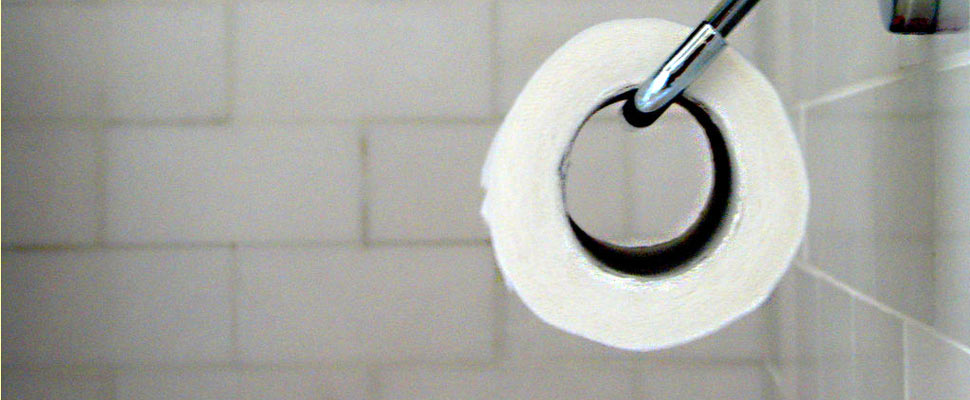Someone steps out of the shower with an empty shampoo bottle in hand. Will they recycle it? Honestly, probably not. Because most people keep recycling bins in or around the kitchen or in their garage, nearly half of Americans are not regularly recycling their plastic personal care products. It might be time to put a recycling bin in your bathroom — you’d be shocked at how fast you might fill it up with these recyclable items.
Plastic Bottles
Body wash, contact lens solution, liquid soap, shampoo and conditioner, mouthwash, makeup remover, lotion, mouthwash, nail polish remover, cleaning spray, etc. It is important to remember, however, that plastic pumps in bottles are not yet recyclable. Empty the contents, discard the pump and recycle the bottle.
Cosmetics and make-up
When buying cosmetic containers, look for plastics #1 or #2, which are far more likely to be accepted by your community recycling program. Once they are clean, they may be able to go in your bin. If not, some cosmetics companies accept their spent packaging to recycle in-house.
Cardboard
Tissue boxes, razor boxes, bandaid cartons, soap cartons, toilet paper rolls and toothpaste boxes all fall under this category and are recyclable.
Aerosol cans
Hairspray, deodorant, air fresheners, shaving cream, sunscreen, toilet bowl cleaners, etc. These are all recyclable with any other aluminum or steel cans.
Plastic bags and wraps
Toilet paper wrapping, cotton ball bags, other personal care packaging. You can drop off plastic bags and wraps for recycling at your local grocery story or, if you’re on campus, at NC State’s plastic bag/film recycling bins.
Remember, plastic bottles do not need to be thoroughly rinsed to be recycled; just empty the contents, remove the pump or cap (if necessary), and toss them in your recycling bin. Also, always make sure to check with your community recycling program to find out what’s recyclable at your home so you can match the paper types and plastic numbers (look on the bottom of the bottles!) to what’s accepted. Here’s NC State’s complete guide.
